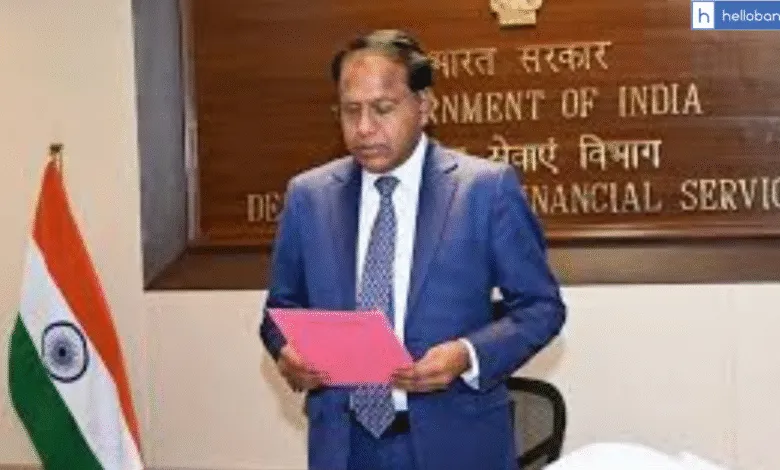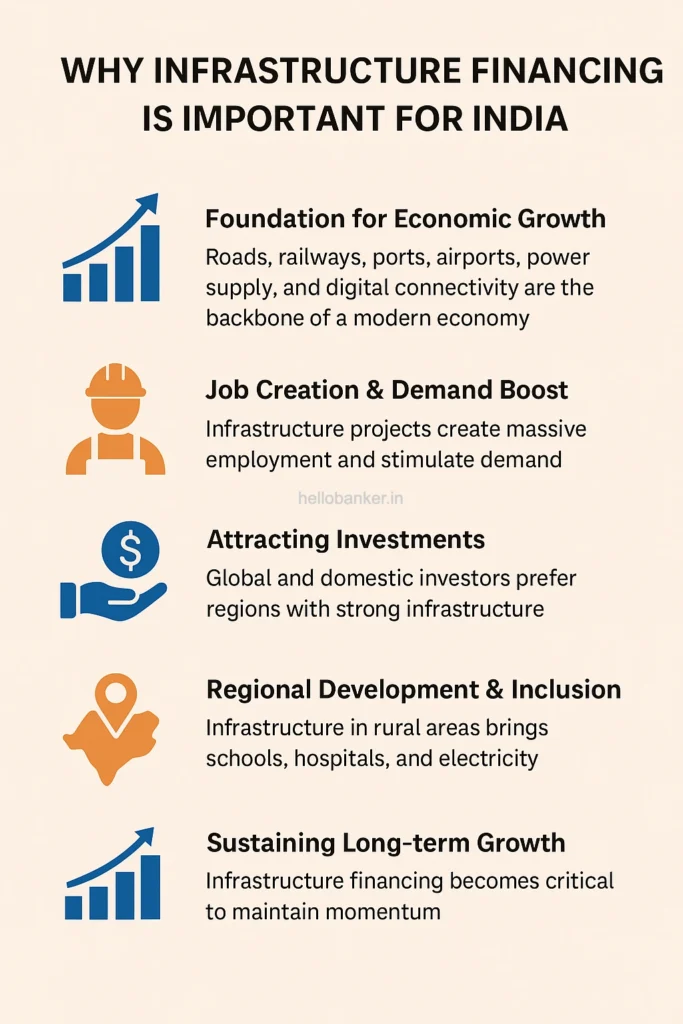Meeting held between DFS and Banks to discuss issues related to financing in Infrastructure Sector

Today a meeting was held by Department of Financial Services (DFS). The meeting was attended by senior management of major Public Sector Banks, Private Sector Banks, Development Financial Institutions and NBFC-IFCs.
Shri M. Nagaraju, Secretary, Department of Financial Services (DFS), chaired this meeting to discuss issues related to financing in Infrastructure Sector.
Some of the key issues discussed were gap in availability of financing, barriers to issue of Municipal bonds, enhancing capacity building & training and better availability of data on defaults and recoveries. Various measures/recommendations were put forward on issues related to financing in Infrastructure Sector.
It was agreed in the meeting that National Bank for Financing Infrastructure and Development will be consulting all concerned stakeholders and submit a report to the Department of Financial Services within 15 days.
But What is the issue? Why Banks are financing less to infrastructure sector?
The Union Budget 2025-26 significantly increased capital investment in infrastructure. The government allocated ₹11.21 lakh crore (~US$130 billion) for infrastructure outlays, accounting for ~3.1% of GDP
IBEF. However, bank lending to infrastructure has slowed down—growth in infrastructure sector credit increased by only ~1% in 2024 compared to ~5.8% in 2023.
The Centre has urged banks and financial institutions to accelerate lending for infrastructure projects in order to sustain economic growth momentum, as credit growth shows signs of tapering.
In January 2025, speaking at an event organised by IIFCL, Nagaraju suggested that banks and NBFCs increase their participation in financing large-scale infrastructure initiatives, which are crucial for India’s ambition to achieve developed nation (Viksit Bharat) status by 2047.
Is infrastructure financing important for growth of India?

Yes, infrastructure financing is highly important for India’s economic growth. Strong infrastructure such as roads, railways, airports, ports, power supply, and digital connectivity forms the backbone of development and helps industries reduce costs and improve efficiency. Investment in infrastructure not only creates large-scale employment opportunities in construction and allied sectors but also boosts demand for materials like steel, cement, and machinery, creating a multiplier effect across the economy.
It also plays a key role in attracting both domestic and foreign investment, as investors prefer regions with reliable infrastructure that lowers operational costs and increases competitiveness. Moreover, financing infrastructure projects in rural and semi-urban areas supports inclusive growth by improving access to education, healthcare, electricity, and digital services, thereby reducing regional disparities.
At a time when overall credit growth is showing signs of slowing down, infrastructure financing becomes even more critical to sustain momentum. Government initiatives like the National Infrastructure Pipeline (NIP) and PM Gati Shakti depend heavily on steady financial support from banks, NBFCs, and foreign investors. Without adequate financing in this sector, India’s vision of becoming a $5 trillion economy and a global manufacturing hub will be difficult to achieve.
